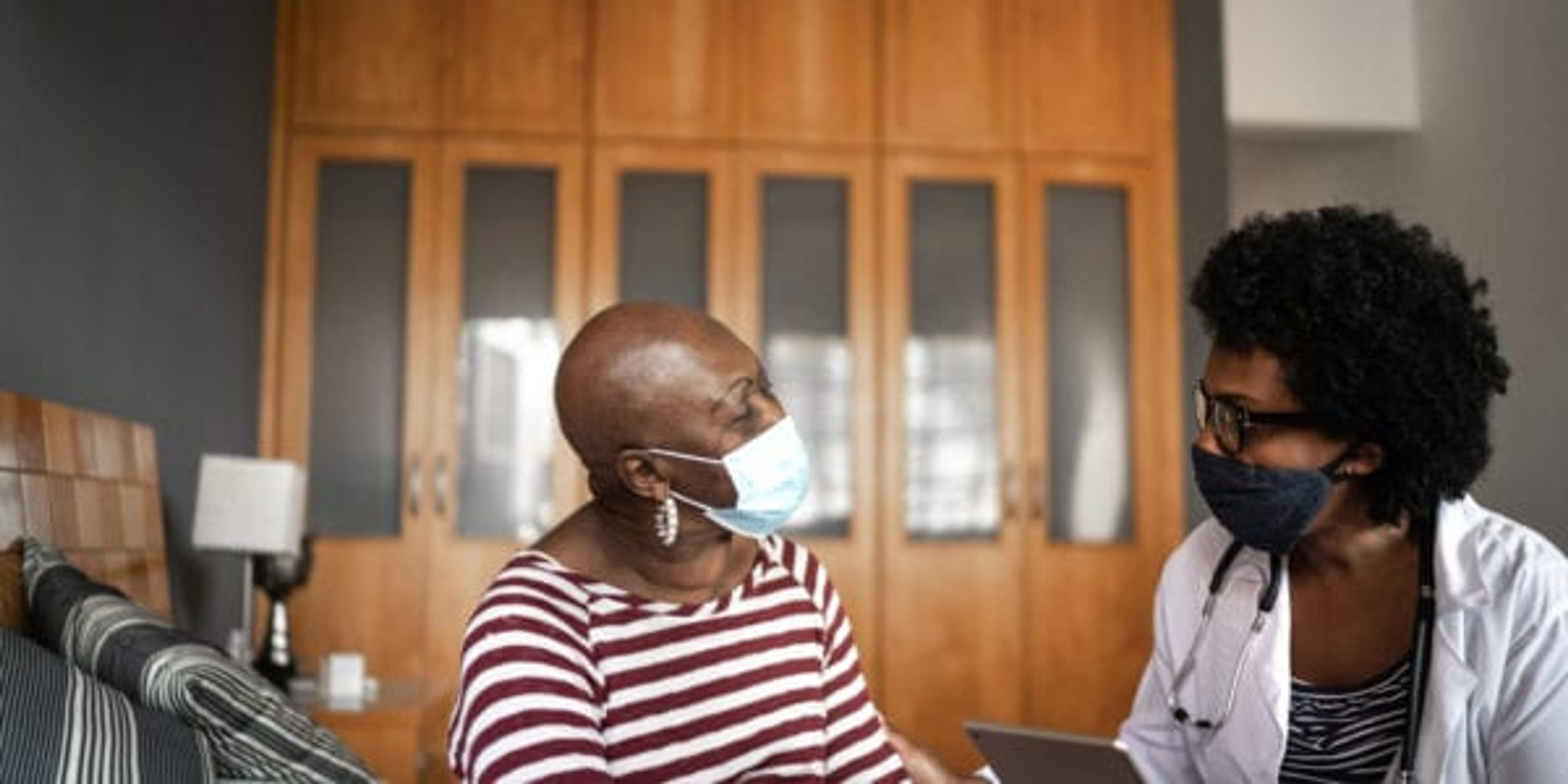Know the Basics of Colorectal Cancer-and How to Prevent It
Karly Hurley
| 3 min read

People proudly wear red to bring attention to the fight against heart disease. They flash pink ribbons to highlight the battle against breast cancer. But when it comes to colorectal cancer, not many people are raising colorful banners in awareness. If anything, it’s a disease some people whisper about instead of broadcasting on a hat, T-shirt or car decal.
Whether out of embarrassment or lack of understanding, colorectal cancer and ways to prevent it often do not get the level of discussion they deserve, but they should. Colorectal cancer – which includes cases of both colon cancer and rectal cancer – are the third-leading cause of cancer-related deaths among men and women in the United States. In 2021, the American Cancer Society estimates there will be 104,000 new cases of colon cancer diagnosed and another 45,000 cases of rectal cancer. Also this year, nearly 53,000 people in this country are expected to die from these types of cancer.
Understanding what kind of risk this disease poses to you – and how you can prevent it – could save your life.
The ABCs of Colon Cancer
Colorectal cancers start in either the colon or the rectum, the final stops in our digestive system. When these cancers are found, most have started as growths called polyps in the innermost lining of the rectum or colon. There are different types of polyps, and not all polyps are cancerous. Sometimes it can take years for a polyp to become cancerous. But catching this type of cancer early – and even detecting pre-cancerous spots – is key. Because when cancer cells are present in the rectum or colon, they can travel to lymph nodes and other parts of the body.
How to lower your risk. There are lots of lifestyle choices that factor into a person’s risk for getting cancer, and that’s true for colorectal cancer as well. There are things you can do to decrease the possibility of developing this disease:
- Stop smoking. Long-term nicotine use can increase your risk for this kind of cancer.
- Stay at a healthy weight. Being overweight or obese raises your risk, especially for men.
- Improve your diet. Getting enough fruits, vegetables and whole grains are key to building a diet that can help prevent cancer. Some studies looking at colorectal cancer have also shown links between red meat and processed meat – like lunchmeat and hotdogs – and a higher risk of this type of disease.
- Watch your alcohol intake. Abstaining from alcohol can help prevent cancer. If you do drink, the advice is to limit it to one drink a day for women and two for men.
When to get screened. The good news on the colorectal cancer front is that the annual death rate from this disease has been falling for the last few decades. Early detection is a big reason. When people make appointments for a colonoscopy or another screening to get checked for this type of cancer, doctors can detect and remove polyps before they become cancerous. They can also catch the disease in the early stages, better ensuring a successful treatment.
Regular screening, beginning at age 45, is the key to preventing colorectal cancer and finding it early. A family history of some colorectal conditions may put you in line for earlier screenings. It’s important to discuss prevention – and when to start screenings – with your health care providers.
Related:
Photo credit: Getty Images





